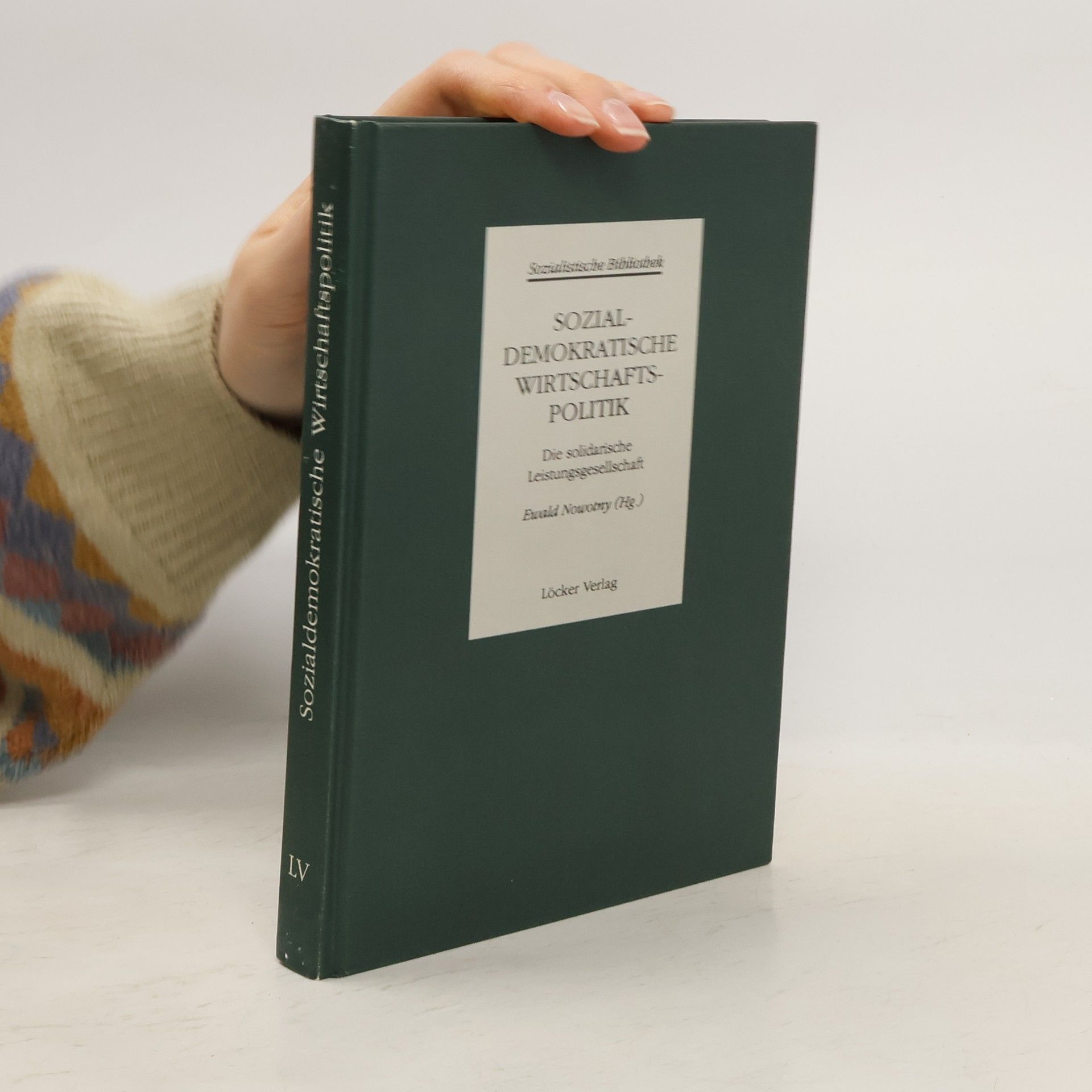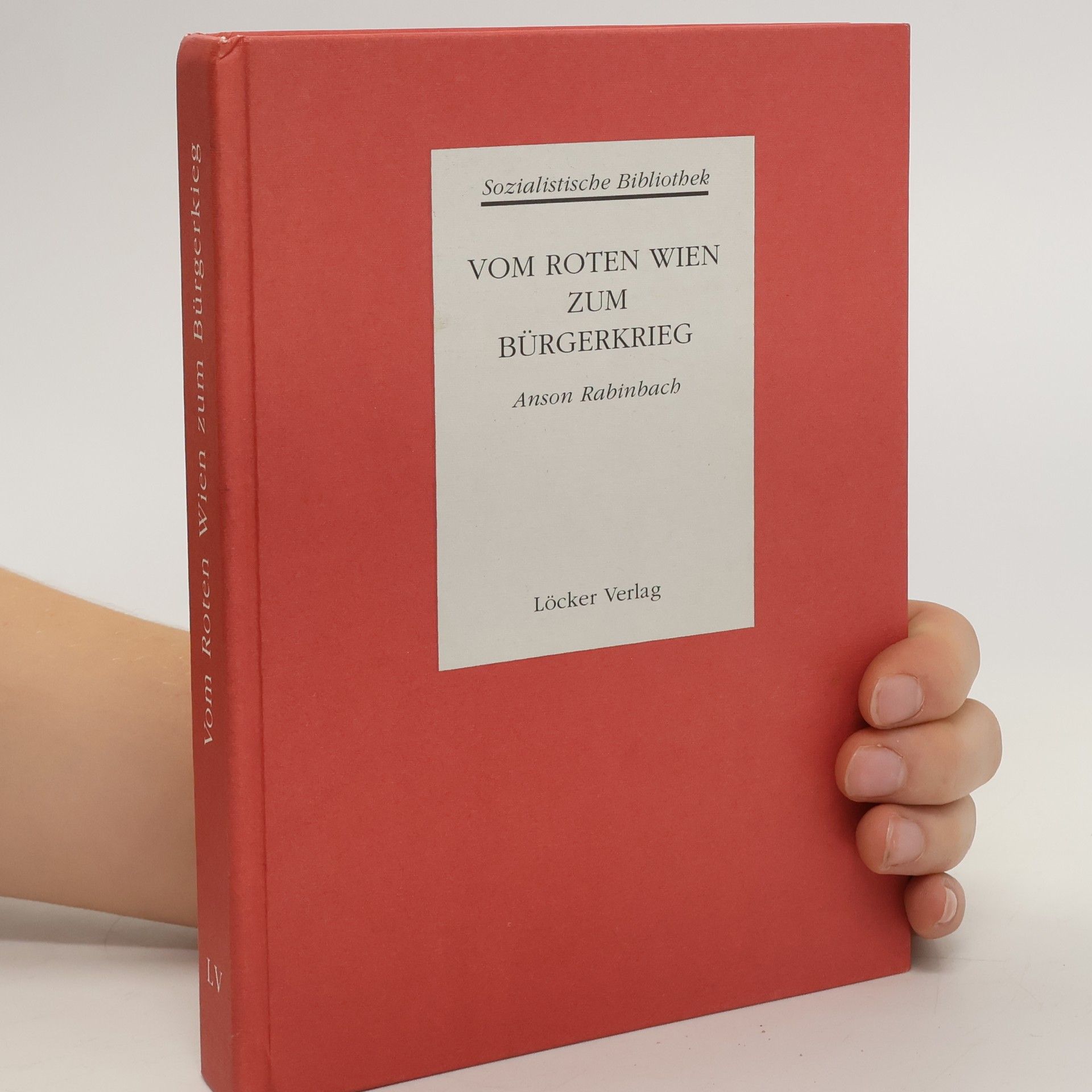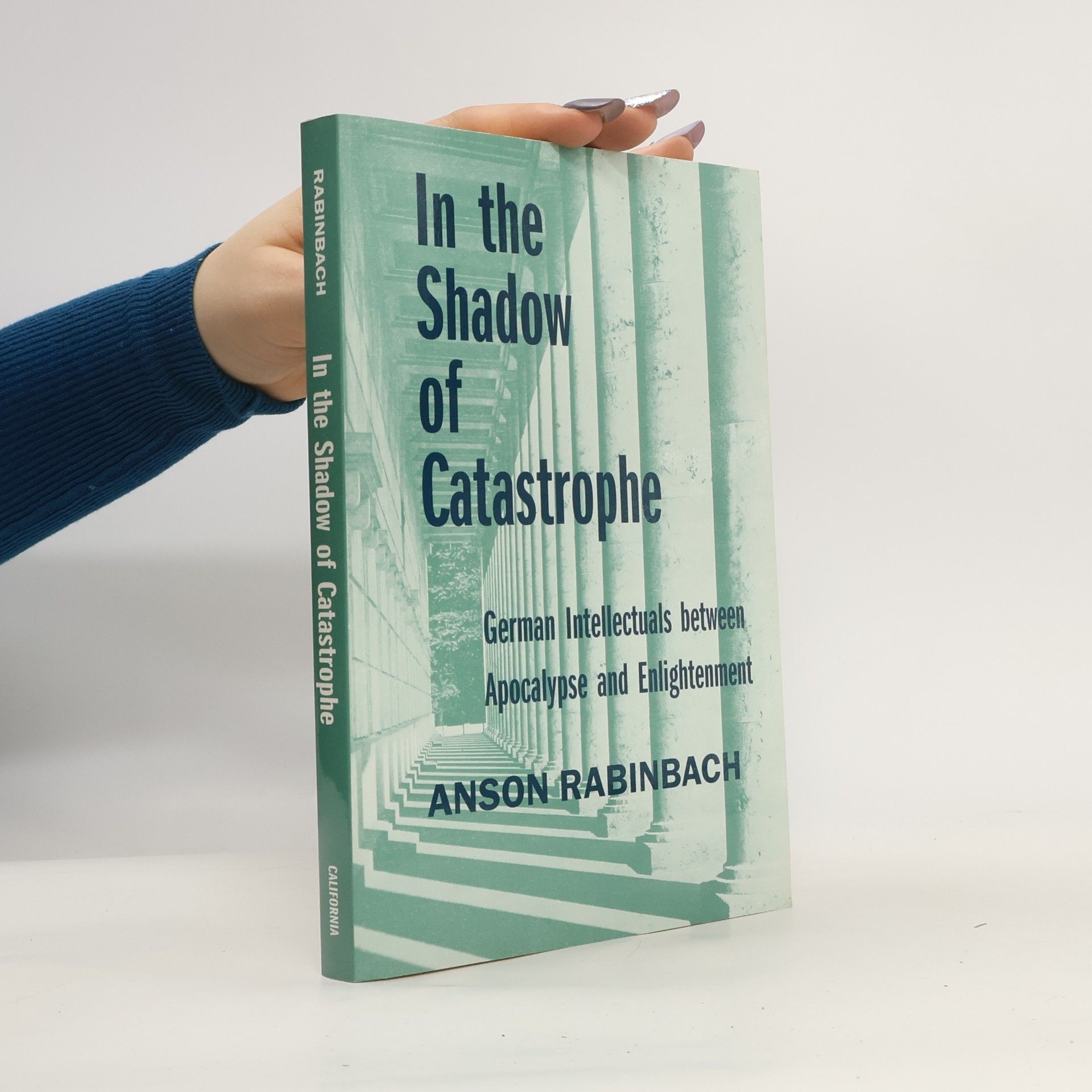Anson Rabinbach's collection showcases his influential scholarship on Nazi culture, antifascism, and the lingering impacts of Nazism on postwar German and European society. As a prominent intellectual historian of 20th century Europe, he offers a comprehensive analysis of these themes, drawing on four decades of research to illuminate the complexities of National Socialism and its repercussions. This volume serves as a vital resource for understanding the cultural legacy of this tumultuous period in history.
Anson Rabinbach Book order (chronological)
Anson Rabinbach is a distinguished historian whose work delves into the intricate relationship between intellectual history and the political upheavals of the 20th century. He examines how European thinkers grappled with catastrophe and sought paths toward enlightenment during turbulent times. His analyses offer profound insights into the currents of thought that shaped the modern world. His writings are valued for their analytical rigor and historical depth.






"The subject of how German scholars responded to the Nazi regime has seen a resurgence of interest in recent years. In this collection, Rabinbach and Bialas bring some of the most important and original scholarly contributions together in one cohesive volume, to deliver a surprising conclusion: whatever diverse motives German intellectuals may have had in 1933, the image of Nazism as an alien power imposed on German universities from without was a convenient fiction."--BOOK JACKET.
In the Shadow of Catastrophe
- 252 pages
- 9 hours of reading
Includes essays that address the writings of key figures in twentieth-century German philosophy. This title explores their ideas in relation to the two world wars and the horrors facing Europe at that time. Analyzing the work of Benjamin and Bloch, it suggests their indebtedness to the traditions of Jewish messianism. schovat popis
Sozialistische Bibliothek - 55: Sozialdemokratische Wirtschaftspolitik
Die solidarische Leistungsgesellschaft
- 204 pages
- 8 hours of reading
German
Examines how developments in physics, biology, medicine, psychology, politics, and art employed the metaphor of the working body as a human motor. This title demonstrates how the utopian obsession with energy and fatigue shaped social thought across the ideological spectrum.
Vom roten Wien zum Bürgerkrieg
- 257 pages
- 9 hours of reading